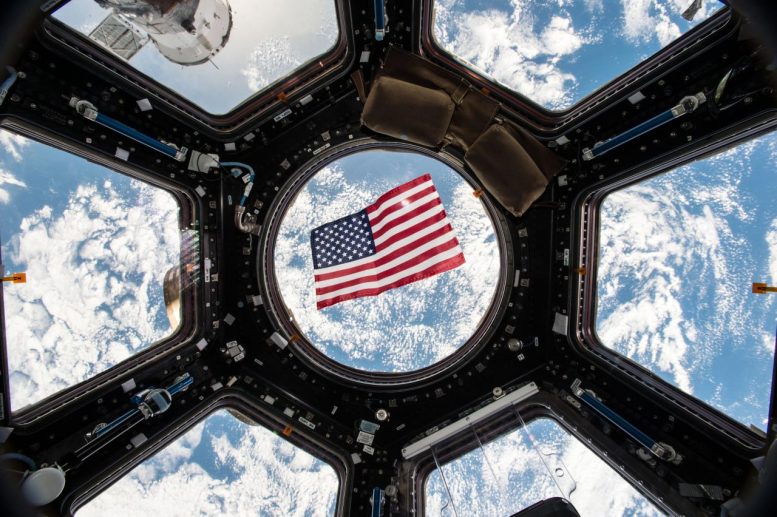
Voting from space has been legal in Texas since 1997. NASA astronauts have utilized this option from orbit, and the agency plans to continue enabling voting for astronauts, even during missions to the Moon and Mars.
Americans exercise their right to vote from all over the world, and for November’s election, few ballots will have traveled as far as those cast by NASA astronauts living and working aboard the International Space Station. During earlier days of human spaceflight, astronauts would only visit space for days, or maybe weeks, at a time. Today, astronauts typically stay in space for six-month missions on the space station, increasing the odds of a spacefarer off the planet during an election. So how does one vote from space?
How it Works
Like other forms of absentee voting, voting from space starts with a Federal Postcard Application, or FPCA. It’s the same form military members and their families fill out while serving outside of the U.S. By completing it ahead of their launch, space station crew members signal their intent to participate in an election from space.
Because astronauts move to Houston for their training, most opt to vote as Texas residents. Of course, NASA’s astronauts come from all over, so those wishing to vote as residents of their home states can work with their counties to make special arrangements to vote from space.
Once their FPCA is approved, the astronaut is almost ready to vote. Like many great things in space, voting starts with an experiment. The county clerk who manages elections in the astronaut’s home county sends a test ballot to a team at NASA’s Johnson Space Center in Houston. Then they use a space station training computer to test whether they’re able to fill it out and send it back to the county clerk.
During a September 29, 2020, news conference with the crew of the SpaceX Crew-1 mission to the International Space Station, NASA astronaut Shannon Walker explains that all three U.S. astronauts who will fly on the mission, targeted for October 31, 2020, will vote from space. Credit: NASA
After a successful test, a secure electronic ballot generated by the Clerk’s office of Harris County and surrounding counties in Texas is uplinked by Johnson’s Mission Control Center to the voting crew member. An e-mail with crew member-specific credentials is sent from the County Clerk to the astronaut. These credentials allow the crew member to access the secure ballot.
The astronaut will then cast their vote, and the secure, completed ballot is downlinked and delivered back to the County Clerk’s Office by e-mail to be officially recorded. The clerk has their own password to ensure they are the only ones who can open the ballot. It’s a quick process, and the astronaut must be sure to submit it by 7 p.m. local time on Election Day if voting as a Texas resident.
Will astronauts vote in this election?
Expedition 63/64 crew member Kate Rubins is assigned to a six-month mission launching October 14, and will vote from space. It won’t be her first time – Rubins also cast her vote from the International Space Station during the 2016 election.
With a SpaceX Crew Dragon scheduled to carry three additional U.S. crew members to the space station on October 31 as part of the Crew-1 mission, Mike Hopkins, Victor Glover, and Shannon Walker will make it to the space station just in time to cast their ballots there, as well. All three have filled out the paperwork and are ready to do so.
Voting in space has been possible since 1997 when a bill was passed to legally allow voting from space in Texas. Since then, several NASA astronauts have exercised this civic duty from orbit. As NASA works toward sending astronauts to the Moon in 2024 and eventually on to Mars, the agency plans to continue to ensure astronauts who want to vote in space are able to, no matter where in the solar system they may be.

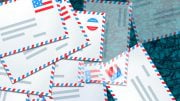


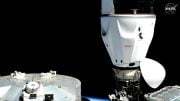
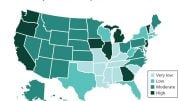

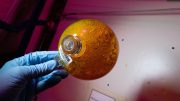
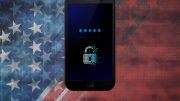
Be the first to comment on "Astronauts Will Vote From Space – Here’s How It Works"